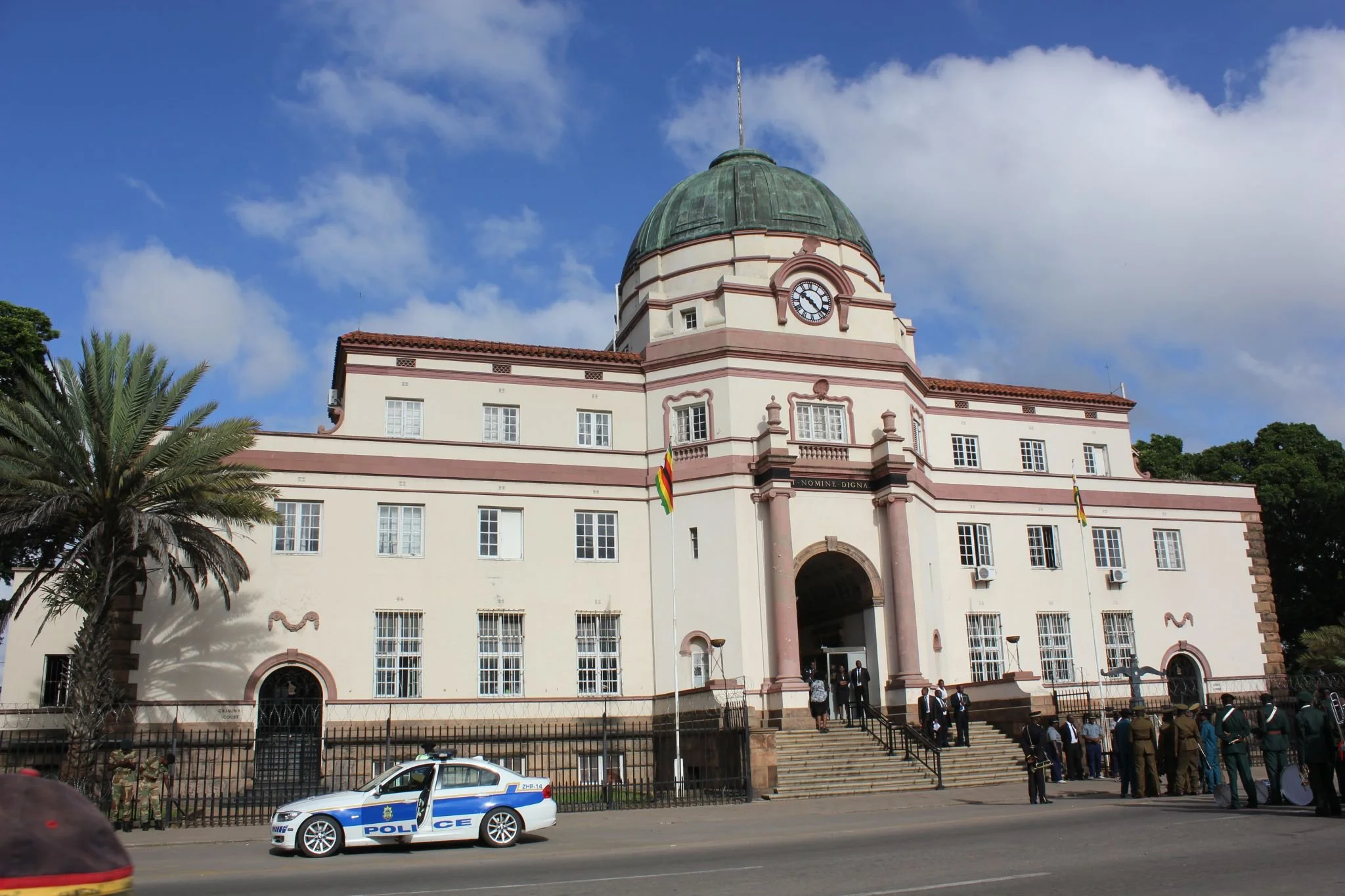Litigation in Zimbabwe
Zimbabwe is home to fifteen million people and a growing economy. I was afraid it would be hard to learn about its system of resolving commercial disputes since the country’s people speak sixteen different languages. But not only is English the language of its judiciary, but I was lucky enough to speak with Davison Kanokanga, an attorney at Kanokanga & Partners in Harare, who was generous enough to talk about his work.
Why should you continue reading this post about litigation in Zimbabwe?
Your favorite countries to read about are the landlocked ones, like Switzerland, Austria, and Paraguay.
You are reading about countries in reverse alphabetical order and you need a good place to start.
You’re a judge and you are looking for a country to work in that will let you wear your wig.
Davison Kanokanga is an attorney at Kanokanga & Partners in Harare. This interview has been lightly edited.
Can you tell me about the kinds of disputes you handle in your legal practice?
We handle a wide range of disputes. These include, but are not limited to, property disputes, commercial disputes, labour disputes, town planning disputes, family disputes, which includes divorce, custody, access, maintenance, property sharing disputes, and succession disputes.
What type of clients do you generally represent in disputes?
We represent local, regional, and international clients ranging from individuals, local authorities, small businesses, NGOs, to large businesses.
Besides Microsoft Office, what software do you use in your practice?
We only use Microsoft office.
What books and websites do you use for legal research?
We have both a physical and electronic library which host a wide variety of books to cover our practice areas. We mostly use Zimlii and Saflii.
Image credit: https://www.jsc.org.zw/page/albumdetails/page=12
I understand that Zimbabwe uses the common law system. Do practitioners cite cases from courts outside of Zimbabwe?
Yes. Zimbabwean practitioners do cite cases from outside Zimbabwe.
Do you electronically file pleadings with the court? Or must you send paper copies of them to the courthouse?
Except for the Magistrates courts, pleadings in all other courts are filed electronically. The relevant website for electronic filing is zimiecms.org.zw.
Are there courts in Zimbabwe that focus solely on commercial cases?
Zimbabwe now has within the High court, a commercial division which handles commercial cases.
I understand that there are sixteen primary languages spoken in Zimbabwe. In what language do court proceedings take place?
Court proceedings take place in English. There are however court interpreters to translate from English to different languages.
Who decides the facts in a commercial case? Is it a judge or a jury?
The Judge decides the facts in commercial cases. We do not have a jury system in Zimbabwe.
Generally speaking, how many pages are the complaints or initial pleadings you see in your work?
Generally speaking in simple claims, a pleading will on average contain three to five pages for summons cases and ten to twenty pages for applications.
None are publicly available.
Generally speaking, how long does it take for a case to go from complaint to judgment?
An unopposed application can be finalized within fourteen days whilst contested matters may on average be finalized within six months.
Generally speaking, how is evidence exchanged between the parties before trial?
Before trial, each party will by way of discovery list all the documentary evidence they will rely on. That evidence is compiled into a bundle of documents.
The parties are required to exchange their bundles of documents and summaries of evidence before trial. By the time the pre-trial conference is held, these exchanges must have happened.
Do you get to interview the opposing witnesses before the trial?
You do not get to interview opposing witnesses before trial.
If you win, does the other side reimburse your attorneys’ fees?
Yes. If the court so orders, a losing party in a litigation pays the legal costs of the winning party.
Most costs orders are on a party and party scale. It is in exceptional cases that a losing party is ordered to pay costs on an attorney and client scale.
Are courts in Zimbabwe open to the public? Can ordinary people watch a commercial trial?
Yes. The courts in Zimbabwe are open to the public. However, with the introduction of virtual hearings, the public has no access to such hearings. It is only where the hearings are held physically that the public can watch the proceedings.
Do you believe that courts in Zimbabwe have a particular strength for resolving commercial disputes? How about a weakness? What are they?
Zimbabwean courts have over the years led in interpreting almost three quarters of the UNCITRAL Model law. This and the creation of a commercial division within the High court are strengths.
The weakness is that there are no judges who specialize in commercial cases.
How often do you go to the courthouse?
On average we go to court once every other week for uncontested matters and once in two or three months in respect of contested cases.
Our commercial arbitration practice takes us away from litigation.
While you are in court, are you required to wear a robe or a wig?
When appearing in superior courts, we are required to wear a black gown and a white collar band. We do not wear wigs. Only judges wear wigs.

